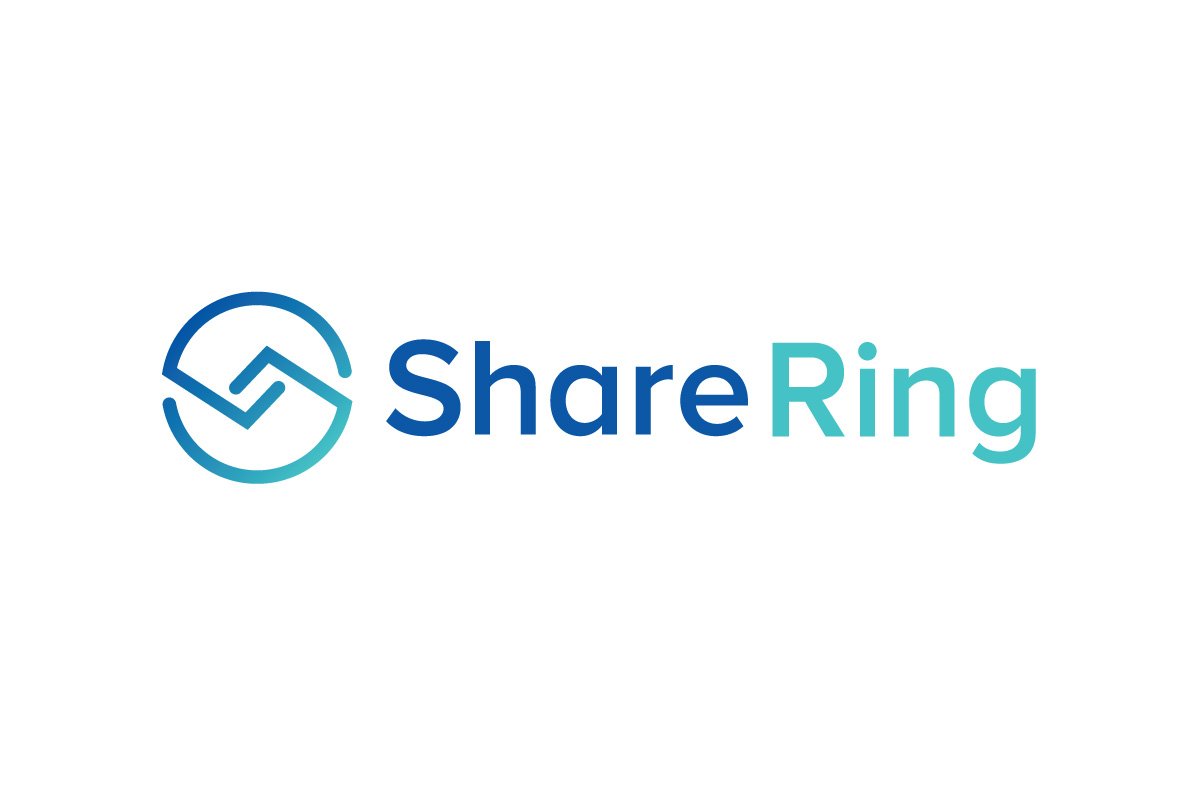Today’s interview is with Tim Bos, CEO of ShareRing. His company is changing the way the sharing economy works and presents numerous innovations within the travel industry. Today we discussed ShareRing’s mission, where he sees it going, how they’re mitigating the effects of COVID, and more!


If you could distill ShareRing’s purpose into a few key points, please give a brief overview of what those points would be?
We are a global ecosystem that aims to increase social responsibility by promoting the utilization of assets within the circular economy.
Our aim is to repair the fragmented global sharing economy by developing the ShareRing ecosystem to make sharing & circular economy goods and services more accessible to consumers and businesses.
The launch of ShareRing Shop, leverages our blockchain technology to enter the e-commerce industry. Our multi-merchant marketplace platform gives businesses a service that is easy to access that provides same-day delivery to customers within 5km of their business.
How does ShareRing plan to bridge the fragmented ShareRing economy?
ShareRing aims to be the “Amazon of the Sharing Economy” Share and Rent anything from One Marketplace. We see ourselves as having 3 main products: Travel, Services and Rental. ShareRing’s revolutionary self-sovereign ID management based module, ShareRing ID, underpins each product we release into the ecosystem, providing a secure and feature-packed digital identity.
The ShareRing Ecosystem is infinitely scalable. It makes perfect sense that we apply our technology and business ethos to the local e-commerce shopping network. We regularly talk to companies outside the travel industry who are looking at utilizing our blockchain. We offer the ability to add our travel functionality to existing applications, allowing industries to integrate with each other.
In aggregate, how receptive has the travel industry been to ShareRing and its offerings to date? How do you forecast this changing in the future, and what, if anything, supports this forecast?
The travel industry has been extremely receptive. When presenting ShareRing to a potential client, we talk about the status quo in their particular industry, the big players and costs they face. Our aim is not to get a “yes” but a “why wouldn’t I?” ShareRing is a platform that sells itself. A technology suite that does everything the sharing industry does right now, then layers on world-class blockchain technology that protects both the service provider and the end-user, not to mention all the advantages of our other verticals like insurance and ShareRing Shop as a value add. All at a much cheaper entry point and very very low ongoing costs, ShareRing is super secure and easy to deploy. “Why wouldn’t you?”.
What are ShareRings biggest internal strengths and weaknesses at its current stage?
At ShareRing, we see our biggest strength as being that we’re a global-first firm with cutting-edge blockchain technology that has been custom-designed for the sharing economy. Additionally, as a full service platform for sharing economies, we boast a wide variety of features including AI, Identity management, Payment, etc.
Right now, we see our biggest weakness as being financial. We’re a start-up company in our early days and runway is always something that is front of mind.
Can you tell us more about your team? What about your advisors?
Our executive team consists of myself (Tim) as CEO, Rohan Le Page as COO, and Jane Sadler-Kidd as Finance Director. These have remained the same since our founding and we’re confident of our future.
Our advisors are utilised depending on the stage of the company, for example, we worked with TokenKey (Chris Emms, etc) during our ICO, but we no longer work with them.
We have a number of ‘informal’ advisors that we work with, particularly in Thailand. They’re well known business people and prefer not to be named at this point in time. We are actively working with Chelsea Rustrum on a few projects, and have also engaged Faris Oweis to work with Chelsea on our COVID related travel add-on. We also get regular advice from Ting Chan. Richard Kastelein also provides some media coverage for us.
How will users be able to develop “mini-apps” to tailor their app experience? Will this require a technical implementation or is entirely user-friendly (e.g. – simple filters, etc.)?
What we realized is the best thing to do is to actually build a managed service on top of that, which is where we have our API, and that allows us to do the white labelling on top of that API.
As an example, if somebody wants to come in and build their own app to do hotels, they can access our APIs, the whole one ID ecosystem, and other options like express check-in. We do have an API that’s been published to allow for that white labeling.
Another feature is to do with the app itself. Currently under development is our software development kit that will enable developers to just grab any of our modules and plug them into an existing app.
Our clients have the choice to have ShareRing run the platform in its entirety or host the platform on the client’s behalf. ShareRing charges a margin on the transactions. All transactions are verified by the ShareLedger blockchain.
Larger companies may expect a monthly fee, for the hosting of the centralized part of that platform.
With respect to widespread adoption, how does ShareRing plan to overcome the persistent issue of trust within the sharing economy, both in terms of travel in the short-term and more broadly long-term?
Identity has become a burden in the online world. When it is stolen, it engenders a massive fraud, principally in online services, which generates a lack of confidence in doing business with providers and frustration for its end users.
ShareRing ID protects user’s data by handling Know Your Customer (KYC) information through ShareRing’s self-sovereign identity protocol. With no central point to be exploited, the system is protected against hacking and fraud. Privacy is ensured as all data is encrypted and stored on the user’s device, not a central database.
Combined with technology such as liveness detection, the KYC check is foolproof, this allows for even more trust between merchants and customers within the sharing economy, as well as every industry in our ecosystem (insurance, charities, logistics, automotive, travel, marketplaces, cryptocurrency).
How has/will COVID-19 impact ShareRing’s operational, financial, and overall health in both the short and long term?
Yes, it’s definitely a concern in terms of our travel products, but this has also given us an opportunity to launch our Shop product and open doors that were not available to us before the pandemic. We believe that the net result will actually be higher transactions on the blockchain and much higher revenue for us.
There is no hiding from the fact that Covid-19 is having a profound impact on the travel industry. The challenge for ShareRing or any business for that matter is to be commercially responsible. We are not a one-trick pony. Our marketing plans have been changed in light of the pandemic.
This “pause” in the travel industry allows us to refine our product before we launch the app and focus our development energy on other verticals we operate in. For example, ShareRing Shop is something we have developed in the downtime which assists local businesses and communities during any future lockdowns and beyond.
Furthermore, with insurance, the main area we’re working on is actually storing insurance policies and facilitating the claim process using our blockchain technology. COVID, interestingly enough, has actually helped us in this area.
This is because with our technology, people can apply for insurance and complete their identity without having to go into the insurance location and apply. It’s giving people a reason to try our technology.
Lastly, one of the areas that we’re talking to a number of companies and governments about is using our identity management to help people travel effectively by providing a COVID passport when they travel overseas or domestically.
A number of countries have COVID passports already that they’re developing, but we’re looking at actually integrating it within the ShareRing travel app.
This is the third in a series of interviews we are doing with high-level executives at cryptocurrency projects we find interesting and relevant in our fast-changing world.











